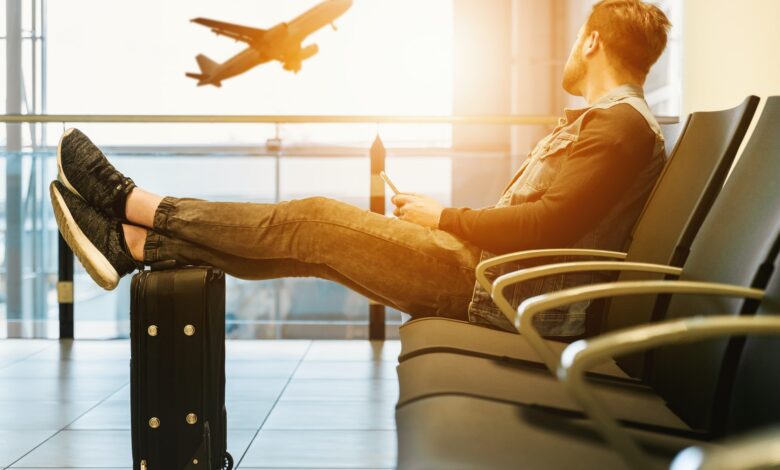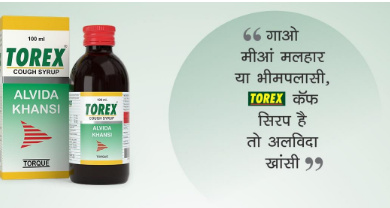What You Should Know if You Are Going to Travel After Plastic Surgery.

When you want your procedure to go smoothly, nothing is more crucial than picking the correct (board-certified) plastic surgeon. And as evidenced by the proliferation of “fly-in” programmes and international plastic surgery bundles, this may require going to some lengths, local or international.
Travel arrangements and accommodations for the duration of your stay after an out-of-town operation take up a significant portion of your time while you prepare for your procedure. However, planning for a secure return home after surgery is just as crucial. Nashville plastic surgeon Dr. says, “It’s okay to travel to get your surgery, but you have to do your part for a healthy outcome.” That involves making sure you have everything you need before you go. Plastic surgeons discuss travel safety here.
Don’t rush back home.
Knowing how long you’ll need to stay in town after cosmetic surgery treatment is important. Several factors influence how long it takes to recover from surgery, such as the nature of the procedure, the patient’s overall health, the patient’s rate of recovery, and the patient’s choice of returning home by plane or car.
Each surgical speciality has its postoperative guidelines. Some doctors on RealSelf are more liberal with their patients following breast augmentation, allowing them to fly home a few days after surgery, while others are more cautious. The doctor advises patients to avoid flying for at least two weeks before and after major procedures like a mommy makeover or stomach tuck. It has been found that flying and receiving general anaesthesia raises the risk of pulmonary emboli (blood clots). It’s too risky to fly in the first two weeks after a new baby is born.
The possibility of postoperative complications, such as bleeding, infections, or wound difficulties, is another reason to stay put (beyond the obvious of having plenty of time to relax and heal). Most surgical difficulties, according to Doctors, happen in the first two weeks. After that point, it’s usually okay to go home, and complications are extremely uncommon. She explains that people who undergo low-risk local anaesthetic procedures like implant removal or labiaplasty can often return home the same day.
Avoid blood clots.
Deep venous thrombosis (DVT) is more likely to occur during travel and after surgery. Travelling by plane or car, which involves long periods of inactivity, increases the risk of blood clots in the legs. The formation of a clot increases the risk of serious damage or death because the clot could potentially break loose and go to the heart or lungs.
Compression socks can ease discomfort and lessen the likelihood of this post-op worry if you travel by plane or car, especially over long distances. Compression socks are designed to wrap snugly around the ankle and exert moderate pressure on the capillaries to prevent blood clots. Plastic surgeons often recommend compression socks after certain procedures, such as a stomach tuck, liposuction, or Brazilian butt lift (BBL), to assist in minimising swelling for up to two weeks (or until you are completely active).
Rise to your feet.
Although you shouldn’t push yourself too hard, getting fresh air and moving around can help. By doing this, you can speed up your recovery and lessen your risk of developing dangerous blood clots. If you’re flying for more than an hour, get up and walk about the cabin at least once. Walking around the car every 90 to 120 minutes is a good idea if you’re being driven home. Exercising your ankles and legs can help improve circulation and prevent blood clots even if you can’t walk.
Don’t get dehydrated.
Blood becomes thicker after surgery due to blood loss. Therefore it’s crucial to drink plenty of water afterwards. Doctors, a board-certified plastic surgeon in Pakistan, explained that this renders the blood more prone to clots. Dehydration slows wound healing and raises the risk of blood clots. Wound healing relies on the oxygen and nutrients carried by blood, which is largely made up of water. Drinking 1.5–2 litres of water daily (about six to eight cups) is what Dr Asma suggests for optimal hydration.
Just relax and enjoy yourself.
Even in first or business class, air travel can be cramped, and if you’re still recovering from surgery, you might feel even more sore and tender after sitting in a seat for hours on end (or riding in a car over potholes).
Consider the following tips for reducing potential discomfort:
- Get the greatest possible seat. An aisle seat is a way to go if you want to get up and roam around the cabin. If you want more space to stretch out, choose a seat in an exit row or the bulkhead.
- Prepare yourself for any eventuality by stocking up on pillows and blankets to use as makeshift armour. If you’ve had a BBL, consult your surgeon about the best cushion to use during flights.
- To put it another way: think about how you’re dressed. Relax and feel at ease with clothes that allow air to circulate freely. Having loose clothing is helpful as well while you heal. Wear pants with an elastic or drawstring waist and tops that zip or button up so they may be easily slipped over compression garments and bandages.
- Do not forget to bring along your painkillers. Analgesics, such as nonsteroidal anti-inflammatory medications (NSAIDs) like ibuprofen, are useful in managing the discomfort that follows surgery and promoting a speedier recovery.
Conclusion
At AZ Plastic Surgery, we want you to feel at ease during your visit. Before and after your surgery, our patient care consultant will help you find a place to stay and book transportation. Dr. Asma will take all necessary precautions to make you feel at ease throughout the procedure. When it comes to facelifts in Lahore, both Drs. Asma and Zain ul abidin are highly regarded in the local community. Please contact us via email if you have any questions or comments about our procedures, premises, or how we may improve your visit from afar. You can get a free initial consultation over the phone, by email, or via a video call. So that you can perform at your best on both short and long trips, give us a call now.




